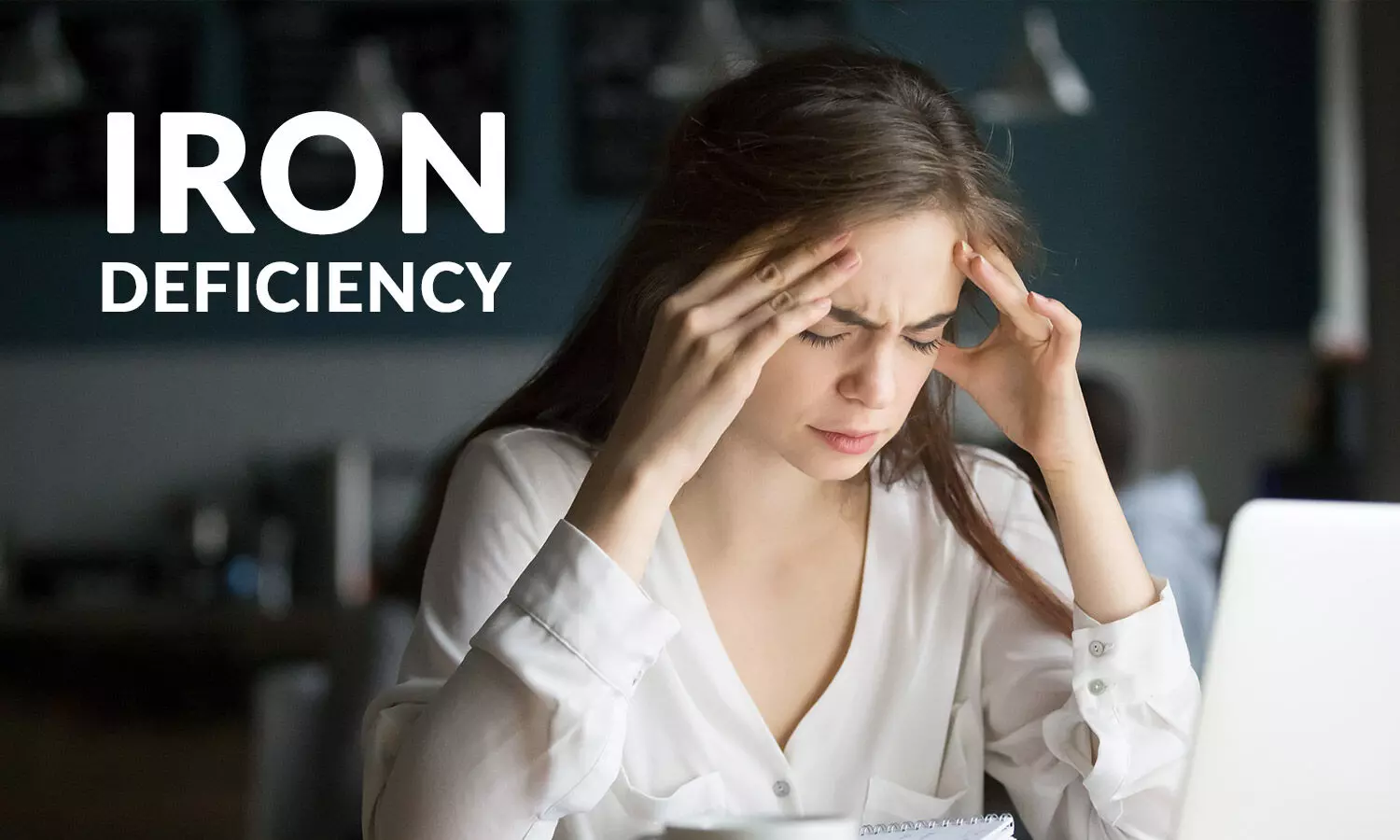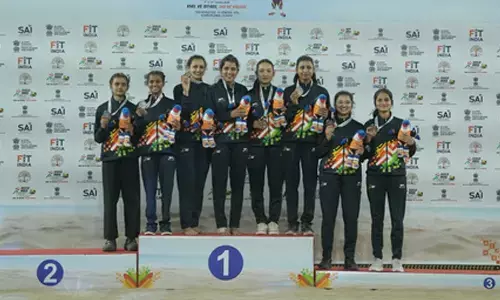Iron Deficiency in Women: 5 Essential Tips to Boost Iron Levels

Iron Deficiency in Women
Affecting over 60% of women, iron deficiency often stems from menstruation or pregnancy. Signs like fatigue and pale skin are common. Include iron-rich foods with vitamin C and limit coffee/tea for better absorption.
Iron deficiency is a widespread issue, affecting over 60% of women worldwide. This nutrient plays a crucial role in various bodily functions, including energy production, oxygen transport, and healthy cell growth.
Understanding the Why
Women are particularly susceptible to iron deficiency for several reasons:
Menstrual Cycle: Regular blood loss during menstruation can lead to gradual iron depletion over time.
Pregnancy: During pregnancy, the body requires a significant amount of iron to support both mother and baby, increasing the risk of deficiency if iron intake isn't adequate.
Dietary Factors: Restrictive diets, low intake of iron-rich foods, and inadequate absorption due to certain dietary choices can contribute to iron deficiency.
Recognising the Signs: Iron deficiency can manifest through various symptoms, some of which you might easily overlook:
Fatigue - Feeling constantly tired and lacking energy is a common sign.
Shortness of Breath - You may experience difficulty catching your breath, especially during physical activity.
Pale Skin - A noticeable paleness in your skin, lips, and nail beds can be an indicator.
Headaches - Frequent headaches can be a symptom of iron deficiency.
Brittle Nails and Hair - You might notice increased fragility of your nails and hair.
Empowering yourself with Solutions
Fortunately, there are several effective ways to combat iron deficiency and improve your overall well-being:
Dietary Strategies
Embrace Iron-Rich Foods: Include red meat, poultry, fish, beans, lentils, tofu, and dark leafy greens like spinach and kale in your diet. These are excellent sources of heme iron, readily absorbed by the body.
Vitamin C Power: Pair your iron-rich meals with foods rich in vitamin C, such as oranges, grapefruits, bell peppers, and broccoli. Vitamin C enhances iron absorption, allowing your body to benefit more from dietary iron.
Limit Antinutrients: Certain foods like coffee, tea, and some plant-based protein sources contain antinutrients that can hinder iron absorption. Consume them in moderation or avoid them around meals containing iron.
Cook with Cast Iron: Using cast iron cookware for cooking your meals can add a small amount of additional iron to your food.
Seeking Medical Guidance
It's crucial to consult your doctor if you suspect you might have an iron deficiency. They can conduct blood tests to measure your iron levels and diagnose the underlying cause. If necessary, they can recommend iron supplements tailored to your specific needs and monitor your progress.
By incorporating these strategies and working with your doctor, you can successfully address iron deficiency and achieve optimal health and well-being. Remember, early detection and management are key to preventing complications and reclaiming your energy and vitality.















